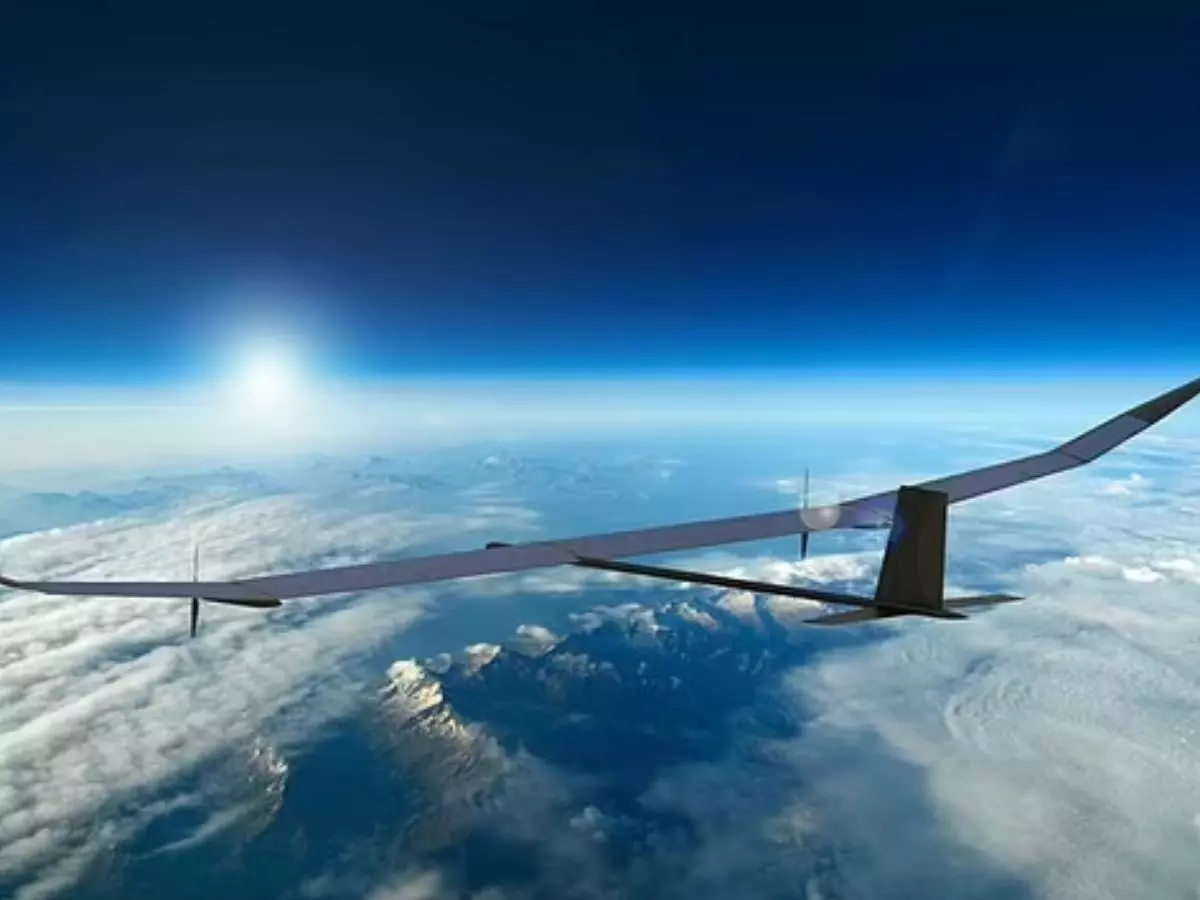This Solar-Powered Drone Can Fly At 70,000 Feet For A Whole Year
The aircraft successfully completed its maiden flight in Australia.

Engineers in Britain have built a solar-powered drone that possesses a 115 feet wingspan and is capable of being in the air for a whole year with ease.
 BAE Systems
BAE Systems
Also Read: This All-Electric Solar-Powered Drone Will Beam 5G Internet From 20 Km Above Earth Very Soon
Reported first by Daily Mail, the aircraft is being touted as an alternative to lower Earth orbit satellites that are really common today.
The aircraft that¡¯s currently referred to as PHASA-35 is the creation of BAE systems, situated in Warton, Lancashire in collaboration with engineers from tech SME Prismatic. The aircraft successfully completed its maiden flight in Australia in February this year.
The team is now gearing up the aircraft to fly higher into the stratosphere this summer in the US. It is expected to be an important feat for the PHASA-35 aircraft.
The aircraft has been designed to operate without a pilot on board in the stratosphere above the weather and location of conventional air traffic. The payload design too is flexible allowing the aircraft to be equipped with a bunch of sensors to allow a detailed, accurate coverage of a fixed location.
Moreover, the payload can also be reduced to allow the aircraft to fly higher whereas a group of such aircraft can fly in a constellation, similar to SpaceX¡¯s Starlink, providing internet connectivity in a remote location.
The solar panels are laid out on the top of the drone. As per the company¡¯s claims, they operate at around 30 percent efficiency -- almost close to the top end available with existing technology.
Also Read: Facebook's Dream Of Connecting The World By Drone-Powered Internet Inches Closer To Reality
During the day, the aircraft would run from the sun¡¯s radiation while charging a set of ¡®off the shelf¡¯ commercial batteries on the plane that would equip the aircraft to fly at night. The aircraft would also have the option to reduce the altitude to save battery life.
 BAE Systems
BAE Systems
Also Read: While India Struggles With 4G, Google Wants To Beam 5G Through Drones #SkyBender
Apart from acting as an internet satellite in lower Earth orbit, the aircraft is also capable of helping predict forest fire in time before it breaks out, as well as disaster relief, border protection, maritime and military surveillance.
While it looks promising, we will have to wait for some time longer as it would take around four years for the team to complete tests and operations before it¡¯s commercially available. It is expected to go live by 2025.
